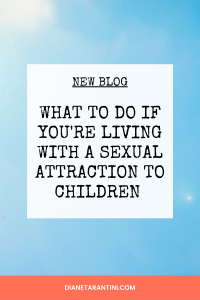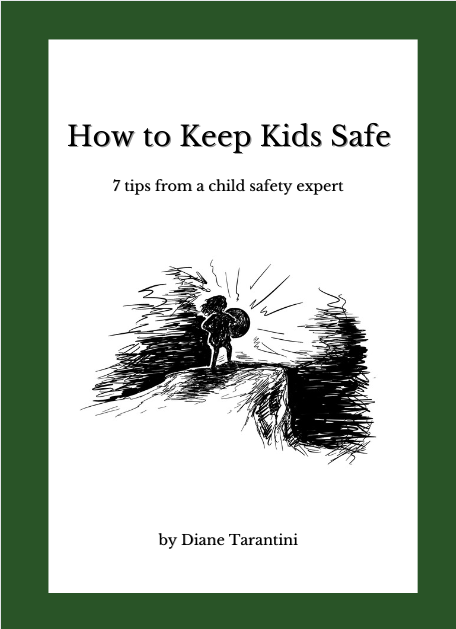Two recent events led to this blog post regarding individuals living with a sexual attraction to children.
Earlier this month,
I attended a virtual lunch-and-learn on the topic of people living with a sexual attraction to children.
The Moore Center for the Prevention of Child Sexual Abuse (out of the Johns Hopkins Bloomberg School of Public Health) offered the event which featured an excellent conversation with Amanda Ruzicka (Director of Research Operations at the Moore Center) and Ryan Shields (Associate Professor in the School of Criminology and Justice Studies at the University of Massachusetts).
Ruzicka and Shields discussed the Moore Center’s online program: helpwantedprevention.org.
HelpWanted is an online resource for people who want assistance in coping with their sexual attraction to children.
In building the program, the HelpWanted team interviewed willing participants regarding their situation.
The interviews yielded a number of interesting facts:
- Most participants first recognized their sexual attraction to children when they were adolescents.
- The difficulty they felt in dealing with their attraction led to feelings of hopelessness.
- The individuals wanted assistance with their situation, but found very little help available for their circumstance (People either considered them “monsters,” or said their attraction was “not a problem.”).
- Some individuals said self-help groups advocating NOT acting on minor attraction were helpful.
Using the information garnered from these interviews, the team developed the intervention content.
The HelpWanted online program includes 5 core sessions.
- Defining child sexual abuse: This section provides explanations of what child sexual abuse is, as well as survivor perspectives.
- Telling someone about your attraction: Though this choice is left up to the individual, counsel is provided on how to go about disclosing.
- Coping with your sexual attraction: This section provides “right now strategies,” as well as strategies for the long term, for when an individual feels tempted to act upon their attraction.
- Building a positive self-image: This part of the program takes a strength-based approach, utilizing affirmations to build self esteem.
- Building a healthy sexuality: This section helps participants work on experiencing sexual intimacy with same-aged partners.
In addition, the HelpWanted program offers an extensive resource page for individuals living with a sexual attraction to children.
Up above I mentioned two events led to me writing this blog post.
I recently received an email from an individual disclosing their sexual attraction to minors and the related activities they were engaging in.
Since I am a child safety professional, I knew to forward the email to the National Center for Missing and Exploited Children(NCMEC). Then I did the same with the West Virginia State Police.
This post is for the individual who emailed me and others like them. Because sometimes actions like this are a cry for help. To the person who emailed me: if you want help, here you go: helpwantedprevention.org.
For more information on living with an attraction to children, watch this incredible TEDMED talk with Elizabeth J. Letourneau, Ph.D..
Letournequ is the Director of the Moore Center for the Prevention of Child Sexual Abuse at the Johns Hopkins Bloomberg School of Public Health.










